
Government to begin discussions on 2019 budget plan
Cabinet ministers to convene to discuss 2019 budget; nursing care reform, school vacation revolution and new olim pensions have already been included, but several bones of contention remain to be hammered out, such as decision to collect municipal taxes from Ben Gurion Airport, disability benefits raise.
Marathon discussions on approving the 2019 budget will commence Thursday morning, and after the expected approval by cabinet ministers the onus will be moved to the Knesset next week.
A plan already underwent some changes following around-the-clock discussions between different ministers and Treasury officials.
The government will convene Thursday morning for the first session on budget talks, during which Finance Minister Moshe Kahlon will ask his fellow ministers to approve the new budget, which includes a reduction in the number of government ministries, causing 12 ministries to either be scrapped altogether or merged with others.
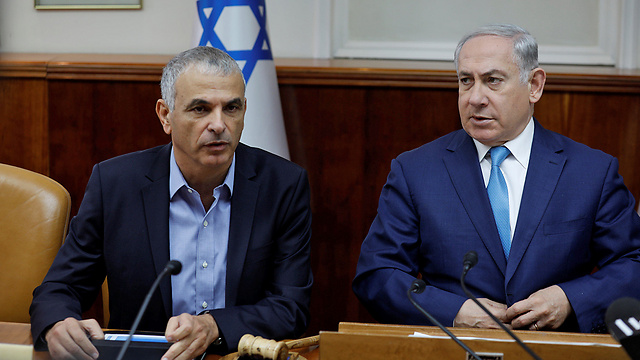
While some of the budgetary items have yet to be approved and other matters remain to be discussed, most of the reforms included in the budget have already been decided.
Education Minister Naftali Bennett's new school vacation plan, for instance, which will take five days off the Passover school holiday this year and an additional five days off the Hanukkah break next year, is already a line item in the budget with a cost of NIS 400 million.
Also included in the budget is Deputy Minister Yaakov Litzman's nursing care reform—increasing nursing benefits—whose cost is estimated at more than a billion shekels. A pension plan for new olim sponsored by Defense Minister Avigdor Lieberman is also included.
There are, however, certain issues that have yet to be ironed out. Interior Minister Aryeh Deri's plan to begin collecting municipal taxes from Ben Gurion Airport, for example, remains a point of contention. The airport is currently on land not part of any municipal authority and is therefore self-sufficient and exempt from municipal taxes, which Deri aims to change, despite objections from the Finance Ministry.
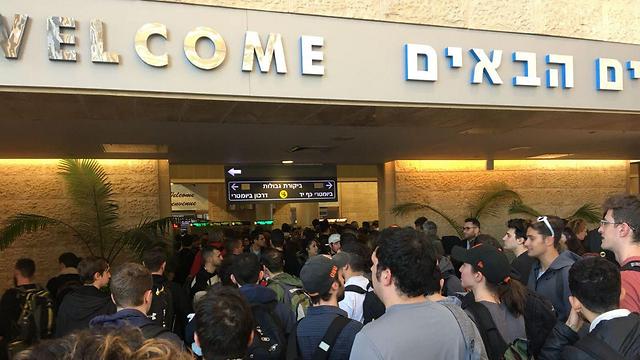
Another disagreement has to do with the ministry's Budgets Department's refusal to approve the governmental bill to raise disability benefits, because it sought to link benefits to the average wage and set further increases for the future. The department's refusal has pushed Welfare Minister Haim Katz to threaten to vote against the budget if the bill is not included.
A third dispute has to do with police meal subsidies, as first reported by Ynet, with Public Security Minister Gilad Erdan incensed with the decision to severely cut state subsidies for cops' meals.
Following a meeting Erdan held with head of the Budgets Department Shaul Meridor and Police Commissioner Roni Alsheikh, the line item was removed from the budget and cops will again receive cooked food platters instead of cold sandwiches, as the Treasury suggested.
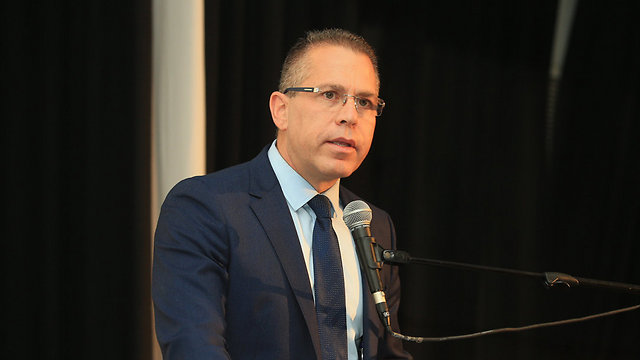
Another item of immense controversy among not only the affected ministry's employees but also in the Knesset is the planned cut to the Ministry of Foreign affairs' budget, which will lead to shutting down 22 out of Israel's 103 diplomatic missions in the world—which constitute more than 20 percent—and downsize the ministry's Israeli headquarters by 140 positions out of the existing 686—or another 20 percent cut.
The aforementioned 22 missions will be gradually closed by the end of 2020, according to the Treasury's proposal, with eight missions closing this year, eight in 2019 and the final seven in 2020, with their activities moved to regional missions.
The planned cut's aim is to utilize the funds saved by closing the missions for governmental activity in several countries of paramount importance. If implemented, the move will cut NIS 216 million from the Foreign affairs Ministry's budget, which stands at NIS 1.48 billion.
Senior Foreign Affairs Ministry officials said this dramatic cut, carried out in coordination with Prime Minister Benjamin Netanyahu—who's also the Foreign Affairs Minister—will severely cripple everything that has contributed to Israel's successes on the international stage.
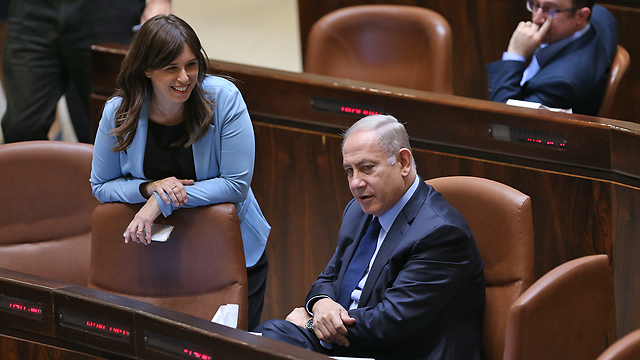
One official said, "There's an air of despondency in the ministry. It's clear it's a strictly political move. Anyone mortally wounding the Foreign Affairs Ministry will have to answer for wounding the state security it engenders. There can be no foreign relations without missions or diplomats."
The cut will force the ministry to completely halt its international aid program, which contributes to bettering Israel's ties with developing countries, cease all social media presence, cancel foreign journalist delegations to Israel and cancel support of Israeli culture abroad.
The Foreign Affairs Ministry will also be forced to either reduce or cut out altogether consular activities assisting Israelis in distress around the world.
An appeal to the finance minister
Foreign Affairs Ministry department heads sent an urgent missive to Finance Minister Moshe Kahlon, in which they attempted to stave off the move. "It's a decision that will severely hamper the Foreign Affairs Ministry's ability to function and may prove incredibly damaging for Israel's national strength and standing among the nations," the letter said.
"We wage a daily battle and have been successful, with great effort, to block anti-Israeli initiatives. Any cut to the ministry's personnel or reduction in number of missions will lead to harsh, irreversible damage. We ask you to personally and urgently intervene," the ministry's employees begged Kahlon.
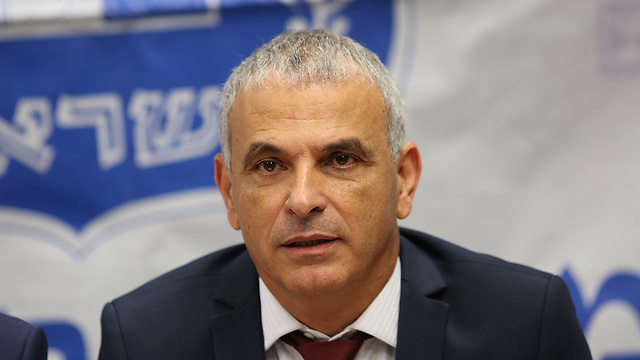
The same employees, meanwhile, directed their anger at their absentee minister, Prime Minister Netanyahu, who allowed what they dubbed "wholesale slaughter and killing off the Foreign Affairs Ministry."
Netanyahu himself responded dismissively when asked about the planned cuts during a Likud faction meeting, saying, "It is what it is. I've recently spoken with the foreign affairs minister and he has some remarks on the matter. We'll have a chance to air them later on."
The Finance Ministry, meanwhile, said the cut was carried out with prime minister's consent in the first place, to block other ministers also facing cuts from saying the Foreign Affairs Ministry was immune.
Zionist Union MK Nachman Shai responded to the cuts, saying, "There's no other word to describe this proposal other than madness. Israel's foreign relations are its lifeblood. Day in and day out they realize the country's legitimacy and enshrine its place among the community of nations. With no foreign affairs minister there's no one to block the Treasury's insatiable urge to hit the ministry time and again."
MK Shai will be convening the lobby to strengthen Israel's foreign relations, which he heads, for an emergency session.
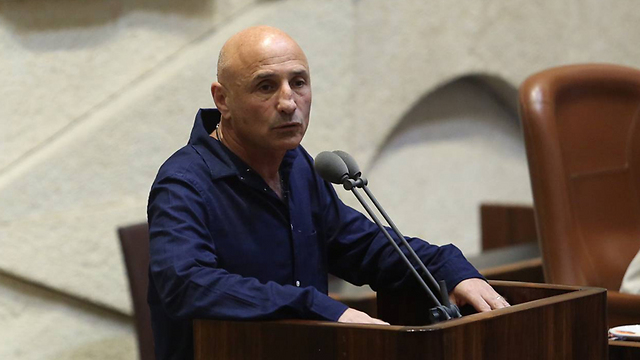
Head of the Yesh Atid parliamentary group Ofer Shelah said, "The Treasury's plan to cripple the Foreign affairs Ministry, with the consent of a prime minister who's also the foreign affairs minister, is nothing less than sabotaging Israel's national security. A strong foreign service is a component of our power, and Netanyahu undermines it with the same disdain he shows to cabinet and the National Security Council. We cannot let it pass."
The Finance Ministry disseminated the full 2019 budget plan to the government's secretariat along with the Arrangements Law—a government-sponsored bill presented to the Knesset each year alongside the budget and incorporating government bills and legislative amendments necessary for the government to fulfill its economic policy.
The ministry is once again seeking to postpone—as it has every year since 1997—implementation of the Long School Day Law, saving the country's coffers having to finance more school hours at a cost of NIS 1.2 billion in 2019 and NIS 2.4 billion in 2020.
Finance Minister Kahlon and Knesset Speaker Yuli Edelstein will be meeting in the coming days to agree on the planned budget approval schedule in parliament.
Amir Alon contributed to this report.










